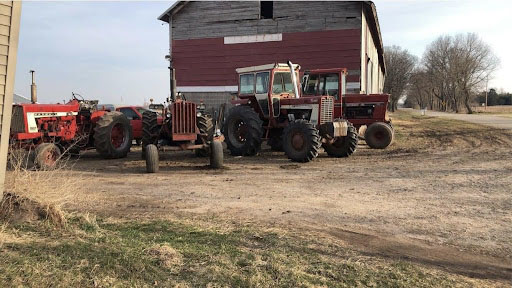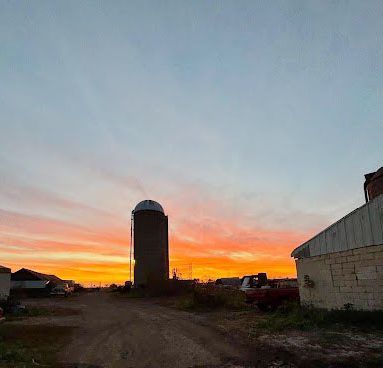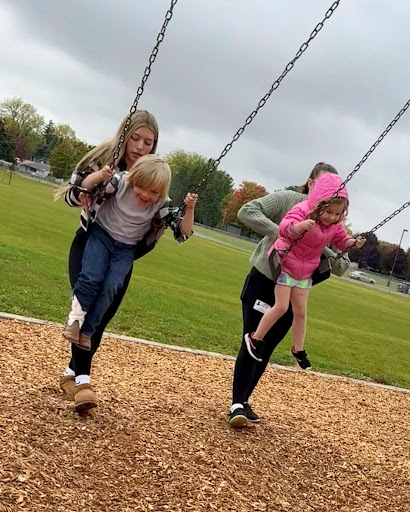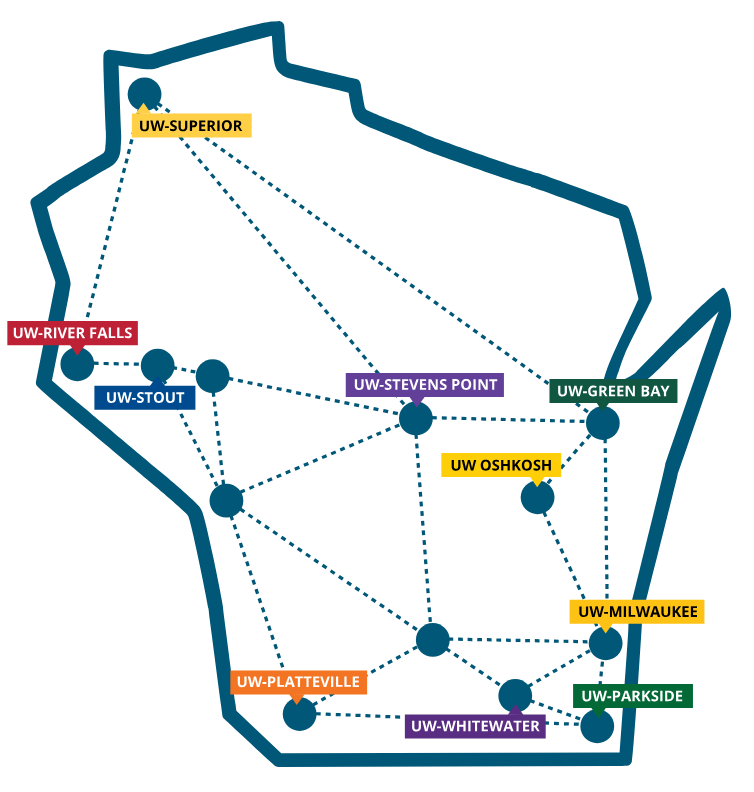Plowed fields, packed with rich soil and embedded with seeds, though they appear seemingly bare, are filled with much more than abundant crops. Many families, especially in Midwestern states, have generations in the agricultural business. Social studies teacher Jennifer Leahy’s family farm has held strong well over a century, continuing to produce crops season after season.
“I’ve had family farming in Wisconsin for about 150 years. My dad’s family had a farm in the Grand River Marsh by Kingston until the 1960s. The Kingston farm was bought by the DNR, and that is when the family moved to farms by Alto,” Leahy said.
Besides planting and harvesting, farming can create bonds between families and tie them closer through long working days. Some began farming as a job, selling crops to support their families, and what was then a day-to-day occupation has grown into an enjoyable pastime.
“It’s always been generational. I think it’s a really passionate thing,” junior John Nigbor said.
Though farming is seen as a traditional and centuries-old practice, it can be modernized to more than just caring for animals or tending to fields. Agriculture is a large part of today’s world, whether that be in the crops that are planted or in the produce and dairy that are produced.
“Farming and agriculture are like the main reasons we have most of our stuff. We get our food from it, sometimes our clothes, because of farming cotton. It has a big impact on our society, and it helps make us who we are,” junior Natalie Lemke said.

By being involved with planting and farming at an impressionable age, fascination can grow into enjoyment, and that enjoyment can contribute to hard work.
“Pretty much when I could start helping around my place, with the farming, that’s when I got interested,” Nigbor said.
The practice of farming and agriculture-based work is nothing new, and has only progressed in production and manufacturing as technology advances. Though newer forms of farming are adapted, the same core values still shine through: sustainability, stewardship, and community.
“Farmers care for the land they use and animals they raise, so that farming is a sustainable process,” Leahy said.








